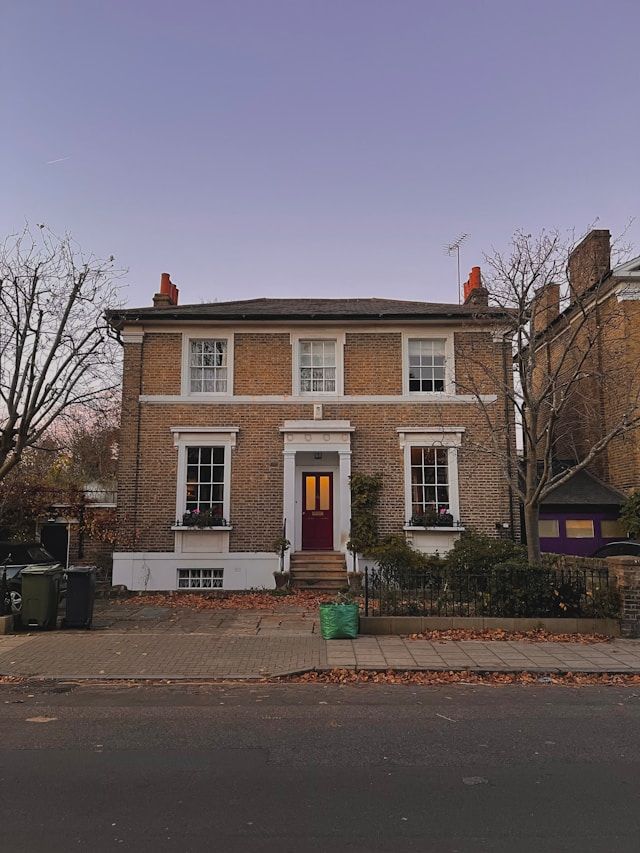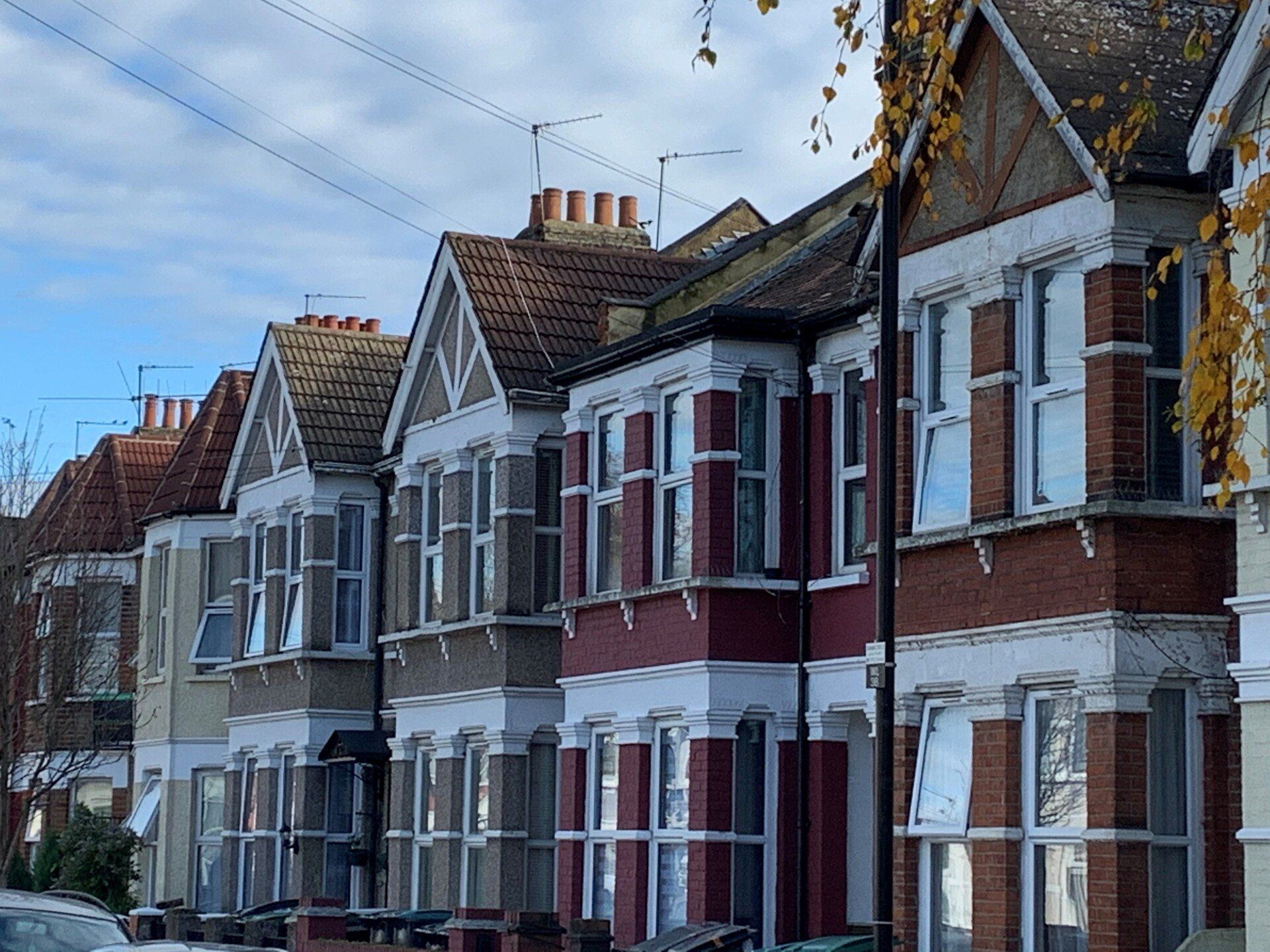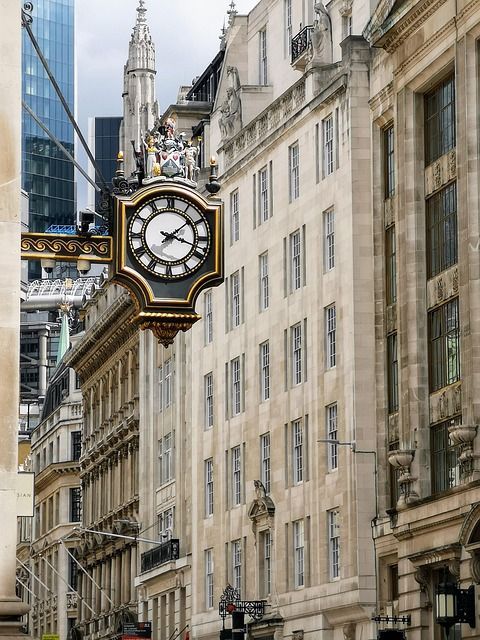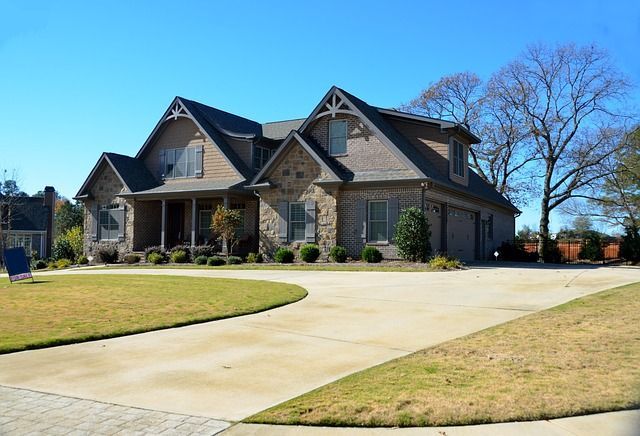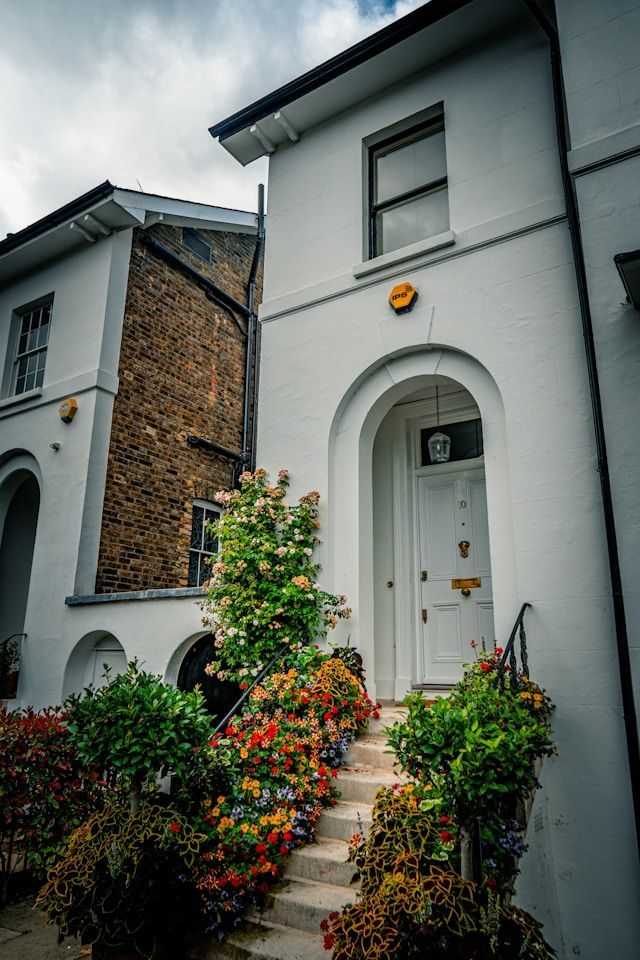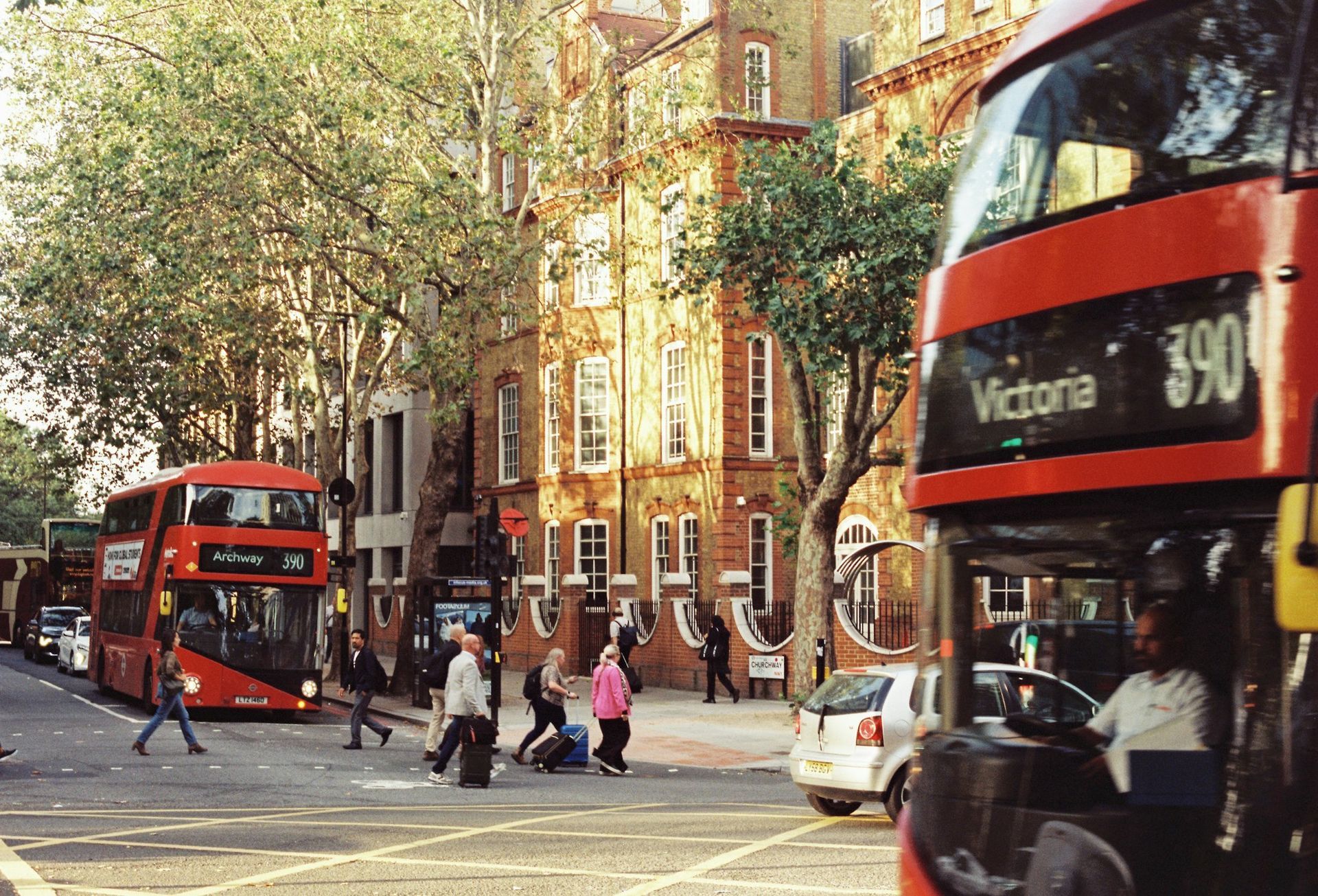Why Is My Neighbour’s Party Wall Surveyor’s Fee More Expensive Than Mine?
When undertaking home renovations that affect a shared boundary, it’s common to encounter the Party Wall etc. Act 1996. This legislation is designed to protect both you and your neighbours by ensuring that appropriate agreements are in place before works begin. A crucial part of this process is appointing a Party Wall Surveyor. Sometimes, however, homeowners are surprised to find that their neighbour’s surveyor is charging a much higher fee than their own.
So why does this happen? Is it fair? Is there anything you can do about it? In this blog, we explore the common reasons behind this discrepancy and what it means for your renovation project.
1. Different Experience Levels and Qualifications
Surveyor fees often vary depending on the surveyor's level of experience, reputation, and professional qualifications. A neighbour may choose a highly experienced or chartered surveyor who commands premium fees for their expertise. On the other hand, you may have opted for a more affordable local surveyor or someone newer to the field.
Experienced surveyors tend to work more thoroughly and quickly due to their knowledge of complex cases. However, their hourly rate can be significantly higher, pushing the overall fee up — even if they complete the task faster.
2. Hourly Rate vs. Fixed Fee Structure
Some surveyors charge a fixed fee for standard Party Wall matters, while others work on an hourly basis. If your surveyor offers a fixed fee package and your neighbour’s surveyor charges hourly, any complications or prolonged negotiations can drive their bill higher.
Hourly billing also tends to include travel time, time spent reviewing documents, phone calls, site visits, and follow-up reports — all of which can add up. If your neighbour’s surveyor had more responsibilities or took longer to approve the works, the cost could reflect that.
3. The Complexity of the Case
Not all Party Wall matters are equal. A simple rear extension might not require much negotiation, but a basement dig or loft conversion adjoining a complex property line can lead to extended correspondence and inspections. If the affected wall, floor, or ceiling contains structural, historical, or utility elements (like shared pipes or wiring), it can increase the time a surveyor needs to assess everything properly.
If your neighbour's property has unique features, or if their surveyor felt the need to request additional reports (e.g., structural engineer reports, vibration monitoring, or environmental impact statements), the costs naturally increase.
4. Time Taken to Agree the Award
One major factor in party wall surveyor fees is the amount of time it takes to reach an agreement — known as the Party Wall Award. If you and your surveyor were quick to respond and cooperative, while your neighbour raised objections, requested changes, or was slow to respond, their surveyor may have needed more hours to finalise the process.
Delays caused by legal input, changes in building plans, or disagreements over the scope of work can also make your neighbour’s surveyor work longer, resulting in a higher fee.
5. Travel and Site Visit Requirements
Some surveyors include travel costs and time in their fees, especially if they need to make multiple site visits. If your surveyor is local and can walk or take a short drive, they may not charge extra. In contrast, if your neighbour hires someone based far from the property, travel time and transport costs can significantly inflate their bill.
Site visits may also vary — some surveyors insist on multiple inspections before, during, and after the work. Each visit could be billable.
6. Additional Reports or Monitoring Equipment
In more sensitive or high-risk works (like excavation near foundations), surveyors may advise extra protections — such as installing crack monitors or conducting condition surveys before and after the work. If your neighbour’s surveyor took these precautionary steps, their scope of work — and cost — naturally increased.
Even though these steps add to the price, they can be beneficial, offering clear evidence in the event of a damage dispute later.
7. Negotiation and Protection of Interests
One key responsibility of a Party Wall Surveyor is to act impartially — but when appointed by a neighbour (rather than being an agreed surveyor), they tend to be more defensive. This sometimes means more time spent negotiating terms to ensure your neighbour’s interests are fully protected.
For example, they might insist on extra working hours restrictions, more detailed method statements, or insurance coverage — all of which require additional communication and documentation.
8. Legal Involvement and Dispute Resolution
If your project caused significant concern for your neighbour, they may have involved legal advisors or even escalated the matter to dispute. When legal representatives or third-party experts are introduced, surveyors must liaise with them too - increasing their time commitment and the final invoice.
Legal disputes may also require rewriting drafts of the Party Wall Award, further inspections, and potential mediation — all of which come with additional costs.
9. Lack of Fee Caps
Under the Party Wall Act, there is no official cap on what a surveyor can charge. This means surveyors set their own fees based on what they feel is fair for their services. Unfortunately, this can sometimes result in unexpectedly high invoices - especially if you weren’t informed ahead of time.
Although it's good practice for a surveyor to provide an estimate upfront, not all do — and there's no legal obligation for them to match the rate of your chosen surveyor.
10. You May Be Responsible for Their Fees
Here’s the kicker — under the Party Wall Act, you (the building owner) are typically responsible for both your own and your neighbour’s surveyor fees, provided the work is deemed necessary under the Act. So even if you chose a budget-friendly professional, you might still be footing the bill for a premium-priced one on the other side of the fence.
This is why many property owners try to get the neighbour to agree to a single agreed surveyor, helping to control costs and streamline the process.
Disparities in Party Wall Surveyor fees can be frustrating, especially when you're covering both sides. However, the difference in cost often reflects a variety of factors — experience, scope of work, property complexity, and fee structure.
The best way to manage these costs is through early communication. Discuss the matter with your neighbour before appointing surveyors, and propose using a single agreed surveyor if possible. Always request written fee estimates and ask for transparency regarding billing practices.
Understanding what goes into a Party Wall Surveyor’s fee will help you navigate the process with more clarity, confidence, and cost control.
For friendly professional advice, contact us or call now and speak with a specialist Party Wall Surveyor.
